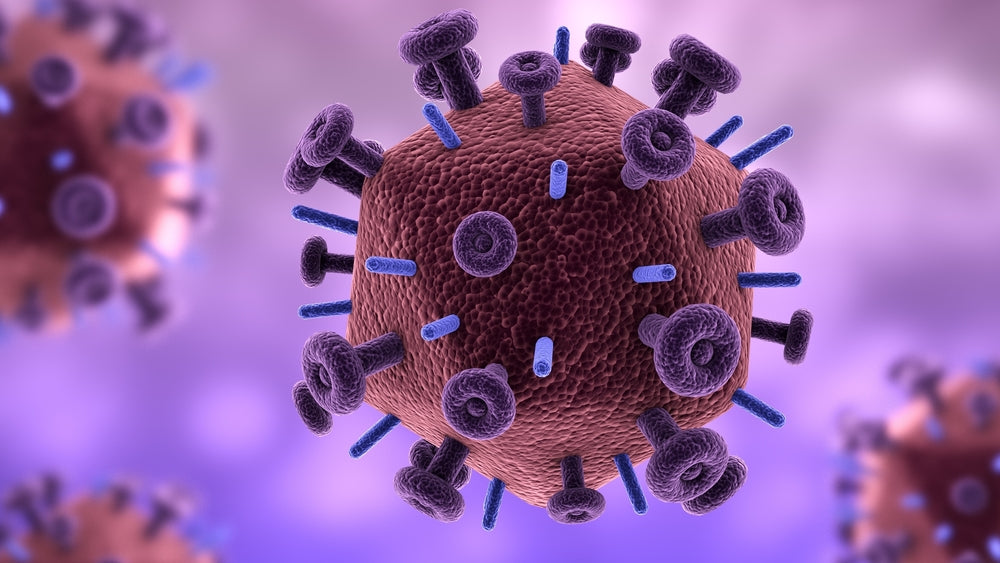
HPV awareness – need of the hour
Have you heard about an HPV awareness day! Yes, it is there. Find out why this is important and more here now. HPV, or human papillomaviruses, is the most common sexually transmitted infection, and can cause incidence of cervical cancer. Though the association between cervical cancer and HPV is always told to be present, HPV can also cause several other types of cancer, including anal, oral, vaginal, vulvar, and penile cancers. It is the fourth most common cancer in women worldwide, with over 500,000 new cases estimated each year. You might be astonished to know that, more than 85% of cervical cancer deaths occur in low- and middle-income countries.
HPV and awareness
As HPV is prevalent worldwide, HPV awareness also is to be spread more and more. In this context, let's go through research conducted recently regarding HPV awareness. Did you know that worldwide, HPV awareness day is celebrated on March 4 to give awareness to the society about HPV, its symptoms, management etc. On this day, March 4, health organizations around the world organize campaigns and classes to give awareness and education about HPV infection and the HPV-associated diseases that can be prevented through earlier diagnosis and interventions.
Details about a recent HPV research
The purpose of this research study was to better understand sociodemographic correlates of human papillomavirus (HPV) awareness, knowledge, and vaccination attitudes among a convenience sample of African-American women and how knowledge about HPV-related cancers relates to vaccination attitudes for girls and boys.
Method adopted for research
Participants answered survey questions about HPV awareness, knowledge, and vaccination attitudes.
Results
Younger age was associated with having heard of HPV and willingness to vaccinate a daughter or son or adopt appropriate solutions. Younger age and greater education were associated with knowledge that HPV causes cervical cancer. A positive association existed between willingness to vaccinate a daughter or son based on knowledge of the number of cancers associated with HPV. Knowledge that HPV was related to non-cervical cancers was significantly associated with greater willingness to undergo treatment.
Conclusions
Knowledge that HPV causes multiple cancers is important to willingness to go for early treatment. Education campaigns should emphasize that HPV is also related to non-cervical cancers. African-American women of older age and less education might benefit from awareness-based HPV educational campaigns.
More about HPV from CDC research
- The Human papillomavirus (HPV) is associated with a number of cancers including cervical, oropharyngeal, penile and anal. Between 2008 and 2012, 23,000 HPV-related cancers were diagnosed among women and 15,793 were diagnosed among men.
- Anyone who is sexually active can get HPV.
- About 14 million Americans, including teens, are newly infected every year.
- High-risk HPV types (16,18) cause about five percent of all cancers worldwide.
- Many countries have developed publicly-funded HPV vaccination programs.
- 47 million women worldwide have been fully vaccinated as of 2014.
- HPV-related oropharyngeal cancer is now the most common HPV-associated cancer, surpassing cervical cancer in 2015.
- HPV causes 70% of oropharyngeal cancers in the U.S.
- More than half of cancers diagnosed in the oropharynx (base of tongue, tonsils, soft palate) are linked to HPV type 16.
Currently there is no approved routine screening test for HPV infection in men or of the mouth and throat. That’s why recognizing possible symptoms is critical to early cancer detection.
High-risk Human Papillomavirus (HPV) DNA is found in over 99% of all cervical cancers. Cervical screening now primarily tests for the presence of this high-risk HPV infection, which is a common virus that most people will get at some point. HPV primary screening is a more sensitive and accurate test than the previous method (cytology alone) and is the best way to find out who is at higher risk of developing the cervical cell changes that over time could potentially lead to cervical cancer.
While the risk for people with high-risk HPV of getting cervical cancer is low, any abnormal changes can be identified early. If HPV is detected, the sample is then checked for any changes in the cells of the cervix. Cell changes are easily treated if caught early, so they don’t get a chance to turn into cervical cancer.
Basant – care yourself at the earliest
If you think of HPV infection, think about its prevention and maximum possible fruitful management. Basant, the microbicidal polyherbal formulation has contributed much to the world due to its clinical efficacy in reducing the symptoms of HPV like genital warts. It is a sure shot remedy for women affected with HPV and who are at risk of getting HPV. Yes, it is preventive and curative at the same time. Make yourself healthy and safe – adopt herbal care for HPV .

